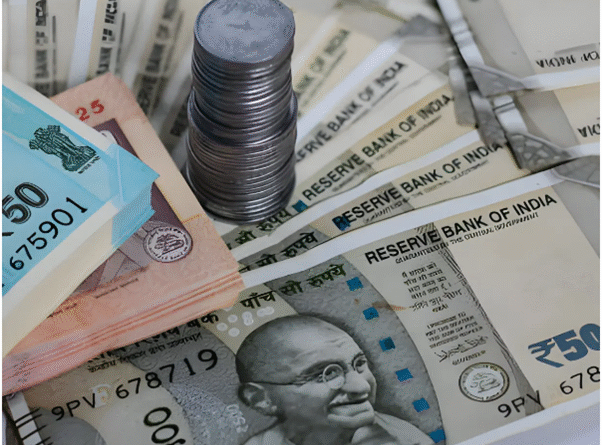Cash is King… Well Not Always…
Borrowing Cash from a Friend? It Could Cost You Big in Tax Penalties
We’ve all been there — you need some quick cash, and a friend offers to help. Sounds simple, right? But here’s something most people don’t know: you could actually get slapped with a penalty from the Income Tax Department just for taking that money in cash.
What’s the Rule?
According to the Income Tax Act in India, you can’t take (or give) a loan or deposit of more than ₹20,000 in cash.
This rule applies even if:
- It’s your best friend or close family member
- You don’t have to pay interest
- It’s just for a short-term need
The ₹20,000 limit applies to:
- A single cash transaction
- The total amount you already owe (If you borrow ₹10,000 earlier and now another ₹15,000, you’ve crossed the limit)
- Both taking and repaying the loan
So, if you want to stay on the right side of the law, use bank transfer, account payee cheque, or demand draft.
What Happens if You Break the Rule?
Brace yourself — the penalty is exactly equal to the amount you received in cash.
For example, if you take ₹25,000 in cash, you might have to pay ₹25,000 as a penalty. Ouch!
Do You Even Pay Tax on Borrowed Money?
- If you’re the borrower: You don’t pay income tax on a loan, but you must follow the ₹20,000 cash limit rule. Make sure the transaction is through a bank.
- If you’re the lender: If you earn interest on that loan, you must pay tax on the interest under “Income from Other Sources.”
What About Interest-Free Loans?
Yes, interest-free loans between friends or family are okay — but still no cash above ₹20,000. It’s smart to have at least a simple written note mentioning:
- The loan amount
- PAN of both parties
- The repayment terms
This can save you trouble if tax officials ever ask questions.
Do You Need to Show This Loan in Your ITR?
You don’t need to mention the loan itself in your income tax return since it’s not income. But if you’ve used that money for something like paying home loan interest, you can claim deductions under Section 24.
Quick Recap:
- Don’t take or repay more than ₹20,000 in cash for any loan or deposit.
- Always stick to bank transfers, cheques, or drafts.
- Penalty = the cash amount you received (if you break the rule).
- Interest earned by a lender is taxable; the loan principal is not.
Bottom line — even if it’s a friendly loan, keep it digital or via cheque. That “quick cash” might turn into a costly mistake.

